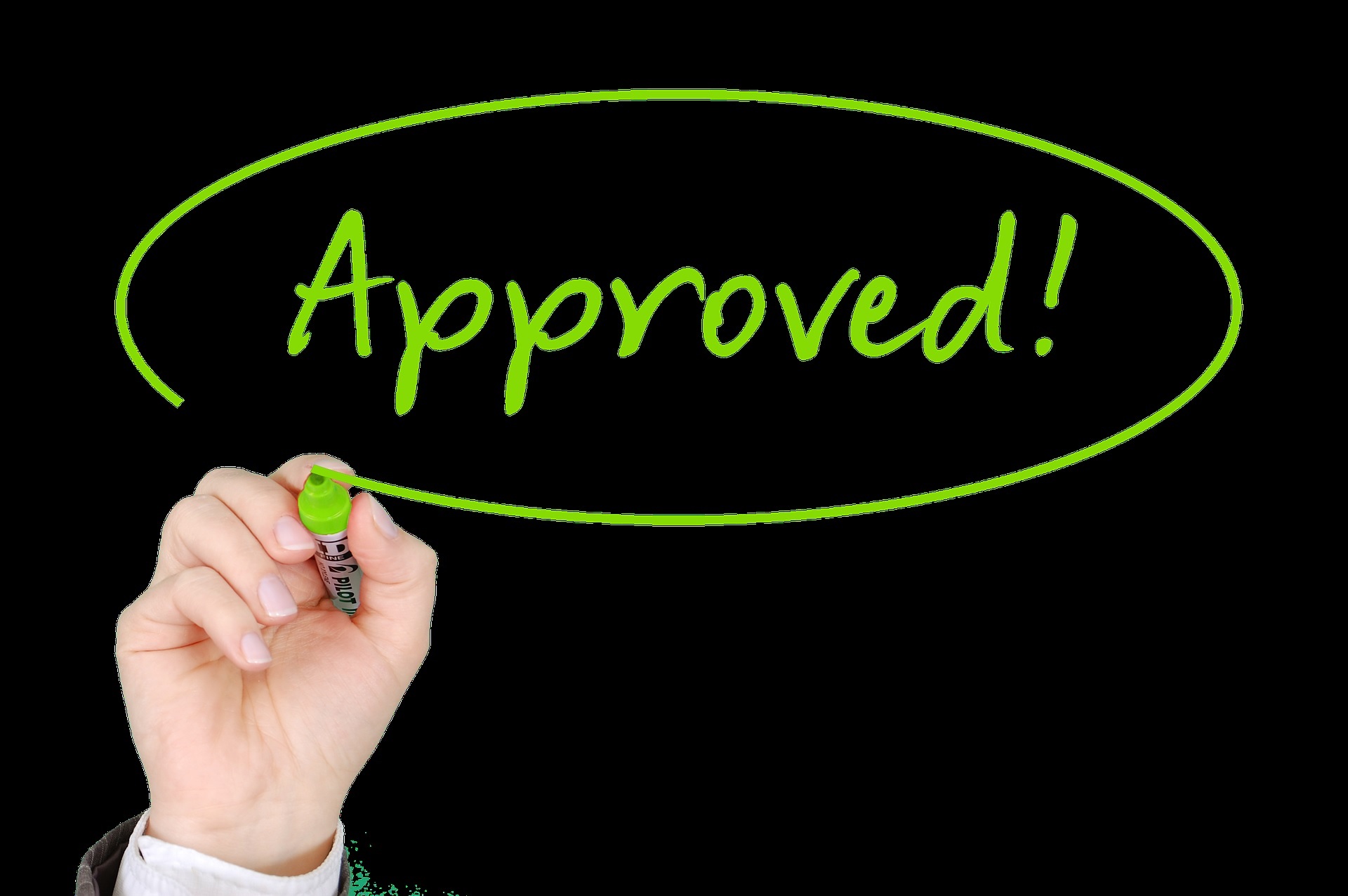
The U.S. Small Business Administration released guidance on October 7th clarifying that lenders must recognize the previously established extended deferral period for payments on the principal, interest, and fees on all PPP loans. The previously established extended deferral period must be adhered to even if the executed promissory note indicates only a 6-month deferral. Per the guidance, lenders are required to immediately comply with the extended deferral period and notify borrowers of the change.
The Paycheck Protection Flexibility Act of 2020, P.L. 116-152, which became law on June 5, extended the deferral period for loan payments to either (1) the date that SBA remits the borrower’s loan forgiveness amount to the lender or (2) if the borrower does not apply for loan forgiveness, 10 months after the end of the borrower’s loan forgiveness covered period. Before the law was enacted, the deferral period could end after six months. The Flexibility Act did extend the deferral period, but it did not specify if lenders and borrowers had to modify promissory notes used for PPP loans to reflect the extended deferral period. Since the first PPP loans were awarded in April, some borrowers had recently received notices recently from their lenders that payments were now due.
Question No. 52 in the SBA’s frequently asked questions document for the PPP, now confirms that the deferral period extension automatically applies to all loans, with no requirement from the SBA of a formal modification of the promissory note. The new FAQ item was published a day after the SBA issued a letter stating that it has begun remitting PPP loan forgiveness payments to lenders.
If you have any questions regarding PPP loan forgiveness for your organization, please contact us.


